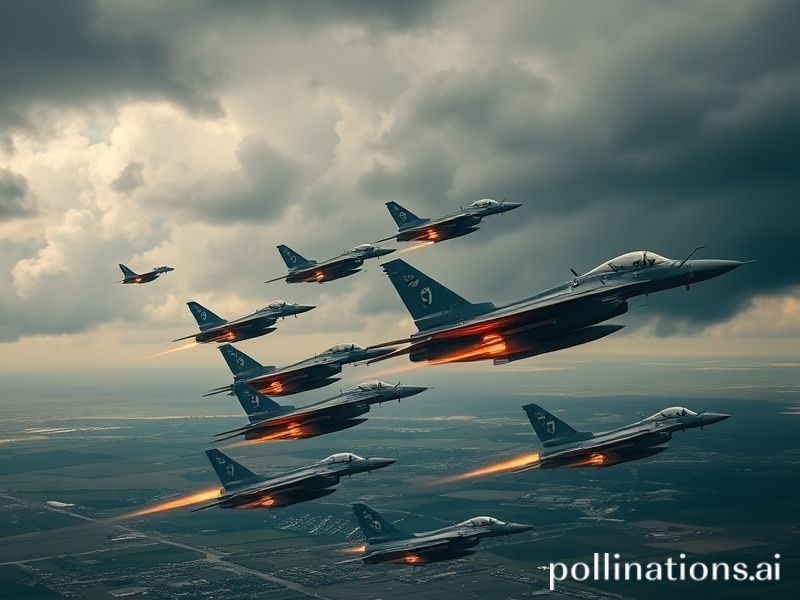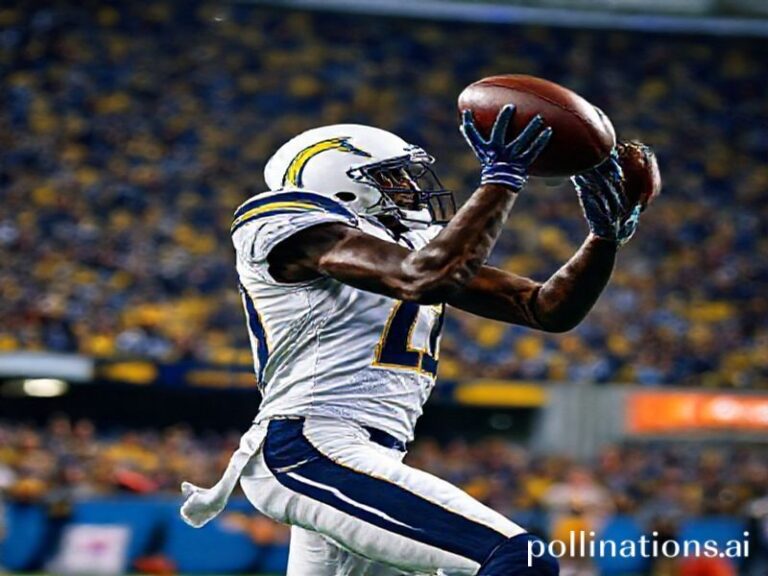NATO Jets Scrambled: When Geopolitics Meets Internet Culture
**NATO Jets Scrambled: When the Sky Isn’t the Limit**
Alright, folks, buckle up! We’re diving into the trend that’s got the world looking up—literally. “NATO jets scrambled” has been lighting up timelines, sparking memes, and fueling debates. But why? Let’s break it down with some wit, insight, and a dash of internet culture flair.
### **Why Is This Trending?**
First off, let’s address the elephant in the room (or should we say, the fighter jet in the sky?). The phrase “NATO jets scrambled” has been trending globally because it’s a real-time snapshot of geopolitical tension. Whether it’s Russia’s antics near NATO airspace, China’s assertiveness in the Indo-Pacific, or just routine training exercises, these scrambles are a reminder that the world stage is anything but boring.
Social media has turned these incidents into viral moments. Twitter threads dissecting the latest scramble, TikTok videos explaining the intricacies of air defense, and Reddit discussions debating the implications—it’s all part of the digital discourse. The internet loves a good drama, and NATO jets scrambling deliver just that.
### **Cultural Context: From Cold War to Clickbait**
Let’s rewind to the Cold War era. Back then, NATO jets scrambling was a regular occurrence, a tense dance between East and West. Fast forward to today, and the narrative hasn’t changed much—just the players and the platforms. Now, instead of waiting for the evening news, we get real-time updates and analysis from experts and armchair strategists alike.
The cultural significance lies in the blend of history and modernity. We’re seeing a resurgence of Cold War-era tensions, but with a digital twist. Memes about “scramble drama,” jokes about “who’s buying the next round of fuel,” and even fictional Twitter accounts of fighter jets—it’s all part of the cultural tapestry.
### **Social Impact: More Than Just a Headline**
Beyond the headlines, these scrambles have a real-world impact. They’re a show of force, a deterrent, and sometimes, a prelude to more serious conflicts. For the average internet user, it’s a reminder that geopolitics isn’t just something that happens in far-off capitals—it’s happening right above our heads.
The social impact also extends to how we consume news. The 24/7 news cycle, coupled with social media, means that we’re more informed than ever. But it also means we’re more susceptible to misinformation and sensationalism. It’s crucial to stay informed, but also to verify sources and understand the context.
### **Why This Topic Is Significant**
So, why should you care about NATO jets scrambling? Because it’s a barometer of global tensions. It’s a reminder that the world is interconnected, and what happens in one region can ripple across continents. It’s also a testament to the power of information in the digital age.
Moreover, it’s a topic that bridges the gap between serious geopolitical analysis and internet culture. It’s where policy meets memes, where defense strategies are debated in comment sections, and where the seriousness of global affairs is balanced with a healthy dose of humor.
### **Conclusion: Keep Your Eyes on the Skies**
In conclusion, “NATO jets scrambled” is more than just a trending topic—it’s a window into the complexities of our world. It’s a blend of history, culture, and real-time geopolitics, served with a side of internet humor. So, the next time you see that headline, remember: it’s not just about the jets; it’s about the story they tell.
And hey, if you’re ever feeling down, just remember: at least we’re not the ones paying for the jet fuel.







